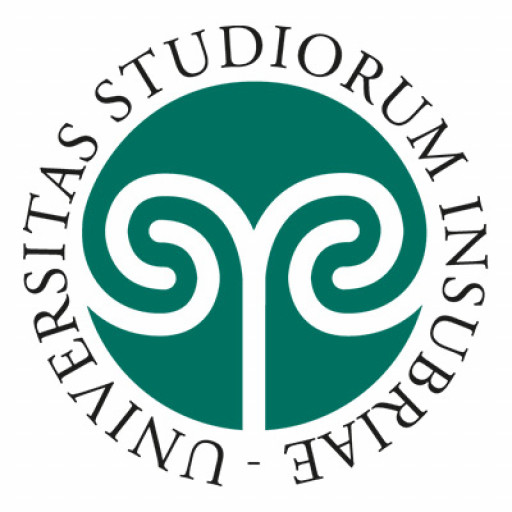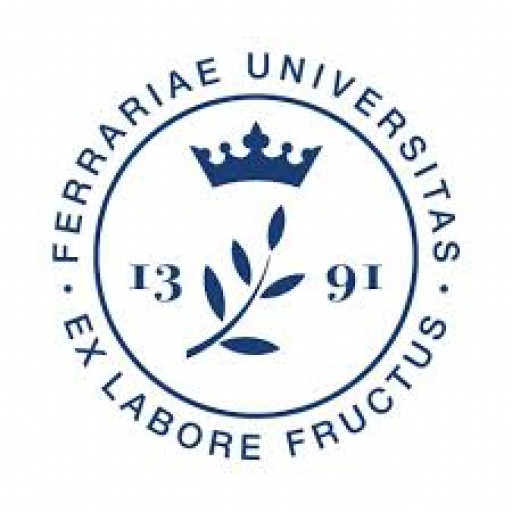Photos of university / #londonschoolofeconomics
The BSc Economics at the London School of Economics and Political Science (LSE) is a rigorous undergraduate program designed to provide students with a comprehensive understanding of economic theories, principles, and their applications to real-world issues. The programme aims to develop analytical and quantitative skills that enable graduates to evaluate economic problems critically and propose effective solutions across diverse sectors and industries. Students will explore a wide range of topics, including microeconomics, macroeconomics, econometrics, development economics, international economics, and financial economics. Through a blend of theoretical coursework and empirical research, participants are encouraged to think critically about economic models and data analysis, fostering a deep understanding of how economic forces shape societies and markets.
The curriculum is carefully structured to build foundational knowledge in the initial years, progressing towards more specialized and advanced topics in the later stages of the degree. Students benefit from the expertise of faculty members who are leading researchers in their fields, engaging in cutting-edge research and policy discussions. The program emphasizes the development of quantitative skills, including statistical analysis, data interpretation, and the use of econometric software, equipping students with the tools necessary for rigorous analysis and evidence-based decision-making.
Throughout the course, students are encouraged to consider current economic issues, such as income inequality, global trade dynamics, financial stability, and environmental sustainability. The program also incorporates practical elements through seminars, workshops, and opportunities for internships or placements, helping students gain valuable insights into professional economic environments. Graduates of the BSc Economics at LSE are well-prepared for careers in finance, government, international organizations, consulting, research, or advanced studies in economics and related disciplines.
The learning environment fosters an international perspective, reflecting the global nature of economic phenomena. Additionally, students are part of a diverse and vibrant academic community, collaborating with peers from around the world and participating in various extracurricular activities related to economics and policy. The program’s reputation for academic excellence, combined with its focus on practical skills and critical thinking, makes it an ideal choice for students aspiring to influence economic policy, contribute to scholarly research, or pursue professional roles in economics-driven sectors.
The BSc Economics program at the London School of Economics and Political Science offers a comprehensive and rigorous curriculum designed to equip students with a deep understanding of economic theory, quantitative methods, and real-world applications. The program covers a broad range of topics, including microeconomics, macroeconomics, econometrics, development economics, behavioral economics, and financial economics. Students engage with foundational theories and analytical tools that enable them to analyze complex economic issues, interpret data, and develop evidence-based solutions. The curriculum emphasizes both theoretical understanding and practical skills, preparing graduates for careers in finance, policy-making, research, consultancy, and academia. Throughout the course, students have opportunities to participate in seminars, workshops, and projects that enhance their analytical and communication skills. The program also offers optional modules in specialized areas such as international economics, health economics, environmental economics, and public economics, allowing students to tailor their studies to their interests and career aspirations. In addition to coursework, students can benefit from Economics research centers, internship placements, and collaboration with industry experts, fostering a vibrant academic environment that bridges theory and practice. The program promotes critical thinking, quantitative reasoning, and ethical considerations, ensuring graduates are well-equipped to contribute meaningfully to economic debates and policy development. By the end of the program, students will have developed a solid foundation in economic principles, advanced analytical competencies, and a nuanced understanding of global economic challenges, preparing them for further study or entry into competitive professional fields.
Program Requirements:
Applicants to the BSc Economics program at the London School of Economics and Political Science are expected to demonstrate strong academic performance in relevant subjects. Typically, successful applicants have achieved high grades in their pre-university qualifications, such as A-levels, International Baccalaureate, or equivalent qualifications. They should have a solid background in Mathematics, with at least a grade A or 7 on the IB Mathematics Higher Level, as quantitative skills are fundamental to the course.
In addition to academic achievements, applicants are required to submit an online application form through the UCAS system, including a personal statement that clearly articulates their interest in economics, their motivation for studying the subject, and relevant experiences or activities that demonstrate their engagement with economic concepts. References from teachers or academic counselors are also an essential part of the application, providing insight into the applicant’s academic abilities and suitability for rigorous undergraduate study.
The program places emphasis on analytical thinking, problem-solving, and quantitative skills. Therefore, proficiency in mathematics is crucial, and applicants may be asked to complete assessments or provide evidence of their mathematical capability. Knowledge of basic economics principles can be advantageous but is not mandatory, as the program curriculum begins with foundational topics to bring students up to speed.
International applicants must meet English language proficiency requirements, typically through standardized tests such as IELTS or TOEFL. An IELTS score of at least 7.0 overall, with no less than 6.5 in any component, is usually required. Alternatively, other accepted qualifications include Cambridge English: Advanced (CAE) and Pearson Test of English (PTE) Academic.
Candidates may also participate in interviews or assessment days when shortlisted, although these are not universally required. The university values diverse academic backgrounds and encourages applicants from different educational systems to apply.
Furthermore, the program encourages students to engage in extracurricular activities related to economics, such as participating in economics clubs, reading economic literature, or gaining relevant work experience. These activities can strengthen an application by illustrating a genuine interest in the field.
In summary, the program requirements encompass academic excellence with a strong mathematics background, proficiency in English, compelling motivation expressed through a personal statement, and support from academic references. Meeting these criteria ensures eligibility and competitiveness for admission to the Economics undergraduate program at LSE.
Want to improve your English level for admission?
Prepare for the program requirements with English Online by the British Council.
- ✔️ Flexible study schedule
- ✔️ Experienced teachers
- ✔️ Certificate upon completion
📘 Recommended for students with an IELTS level of 6.0 or below.
The financing of the Economics undergraduate program at the London School of Economics and Political Science (LSE) is supported through a combination of tuition fees, scholarships, grants, student loans, and personal funding. Tuition fees for international students are set annually and are published on the official LSE website; these fees cover the cost of instruction, access to university facilities, and academic resources. UK students benefit from government-supported student loan schemes, which provide financial assistance for tuition and living costs, with repayment based on income levels following graduation. International students often secure funding through external scholarships, such as the LSE Undergraduate Political Economy Scholarships, which are highly competitive and merit-based. Additionally, some students may receive bursaries or financial aid packages provided directly by the university, which are designed to support students from diverse economic backgrounds. Many students finance their studies through a combination of personal savings, family support, part-time employment, and external sponsorships. The university also encourages students to explore external sources of funding, including government grants, private foundations, and international organizations. For students requiring additional financial assistance, LSE offers financial advising and support services to help navigate available options and fulfill eligibility criteria. International students are advised to plan their finances carefully, considering tuition, accommodation, and living expenses, which can vary depending on their chosen mode of study and personal lifestyle. The university strives to make education accessible by maintaining a transparent and comprehensive approach to the costs involved and actively supports initiatives aimed at increasing financial accessibility and diversity.
The Economics program at the London School of Economics and Political Science (LSE) is renowned for its rigorous curriculum, distinguished faculty, and comprehensive coverage of both theoretical and applied economics. This undergraduate degree offers students a deep understanding of economic principles, models, and data analysis techniques that are essential for analyzing economic issues at both national and international levels. The program combines core courses in microeconomics, macroeconomics, and econometrics with a variety of optional modules, allowing students to tailor their studies to particular interests such as development economics, behavioral economics, financial economics, or international economics.
Students benefit from LSE’s strong emphasis on quantitative methods, policy analysis, and real-world applications, preparing them for careers in finance, government, academia, or private sector consultancy. The program also encourages critical thinking and the development of analytical skills through case studies, research projects, and involvement in economics-related activities and seminars, often led by leading experts in the field.
The learning environment at LSE supports a diverse student body and promotes interactive seminars, group projects, and lively discussions. The program typically spans three years for full-time students and includes opportunities for work placements, study abroad, or research internships, enriching the student experience and enhancing employability. Graduates from the program frequently go on to influential roles in economics policy, financial services, international organizations, or pursue postgraduate studies at LSE and other leading universities.
Admission to the Economics program is highly competitive, with applicants expected to demonstrate strong academic results, especially in mathematics and social sciences. The program is supported by extensive resources, including access to LSE’s extensive library holdings, online databases, and networking opportunities with alumni and practitioners.
Overall, the Economics program at LSE provides a solid foundation for understanding the complex economic forces shaping the modern world, equipping students with essential skills for analytical thinking, problem-solving, and policy development.











